Decoding Gin’s Botanicals: Which Herbs And Spices Create Flavours?

Gin carries quite an interestingly fresh yet intricate flavour profile which comes from carefully selected botanicals that infuse the spirit with complex aromas and flavours. From herbs, spices, roots and seeds to certain fruity and floral elements, there are a number of different components which are used often for adding botanical notes into gin. Curious about what these key botanicals are, which lend gin its fresh, floral and peppery notes?
Here’s decoding the different botanicals – herbs, spices and other ingredients – that are instrumental in infusing gin with its essential flavours.
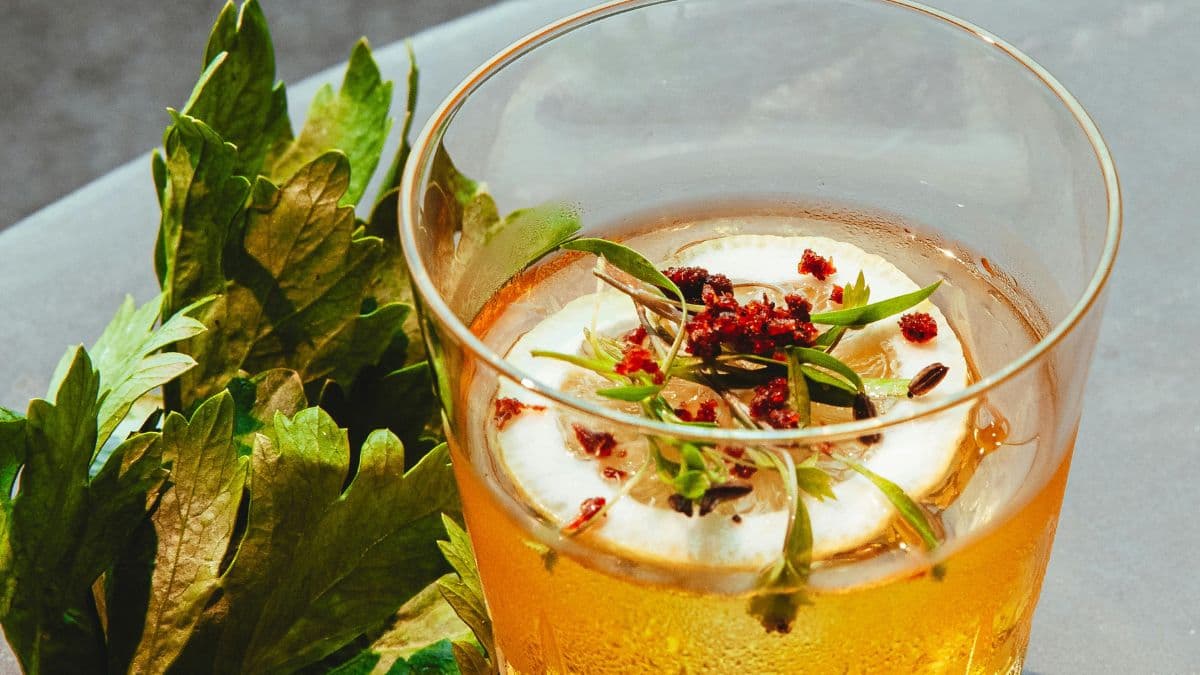
What makes gin stand out in your home bar?
One of the main components which makes gin stand out is that while its base is neutral, its flavours are the result of several botanical infusions. These lend the spirit a very fresh quality while imbuing it with a balanced sweet, herbal and floral complexity. It is the combination and concentration of these botanicals that make the spirit quite interesting as they can determine whether it is citrus-forward, herbal, robust or spicy.
Do all gins use the same botanicals?
Not necessarily. Each distillery creates its own signature combination of botanicals. While some gins focus on juniper-led flavours, others highlight citrusy and spicy notes. Moreover, the terroir or the region where the botanicals of the gin grow also influence the taste of the spirit. And finally, modern distillers also experiment with multiple infusions like cucumbers, rose petals or local herbs, each one bringing some of their own botanical elements into the spirit.
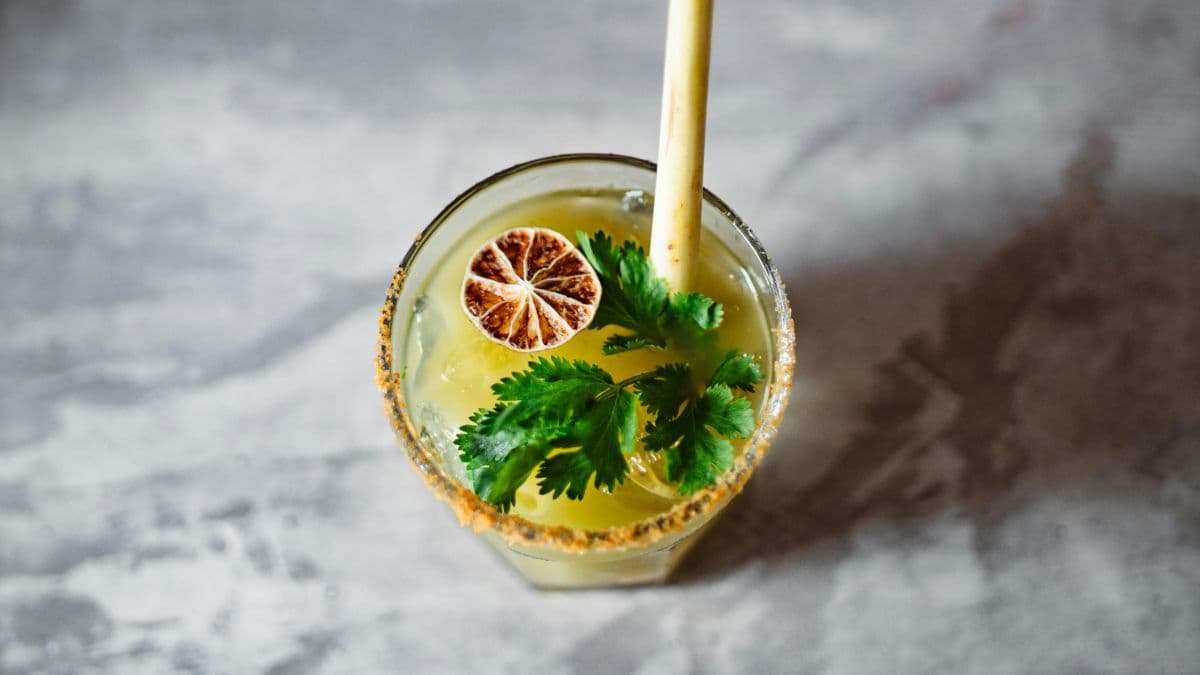
Why is juniper an integral element in formulating gin’s flavours?
Juniper is the backbone of gin – it is the ingredient which lends the spirit its signature flavour. Since a spirit can be called gin in many regions only when it is infused with juniper, the botanical becomes an inseparable part of its flavour profile. Juniper adds piney, resinous, fresh and lightly citrusy notes in the liquor simultaneously acting as the base to support flavours of other botanicals like herbs, spices and sometimes, even fruits.
Which are the citrusy botanicals commonly used in gin?
Some of the citrusy elements commonly used in gin include:
– lemon peel that brings brightness, zest and a fresh touch into the spirit
– orange peels which add sweetness and a tart effect
– grapefruit peels for their slightly bitter quality that balance the sweetness of the spirit
– bitter orange that lends depth and aromatic complexity to gin
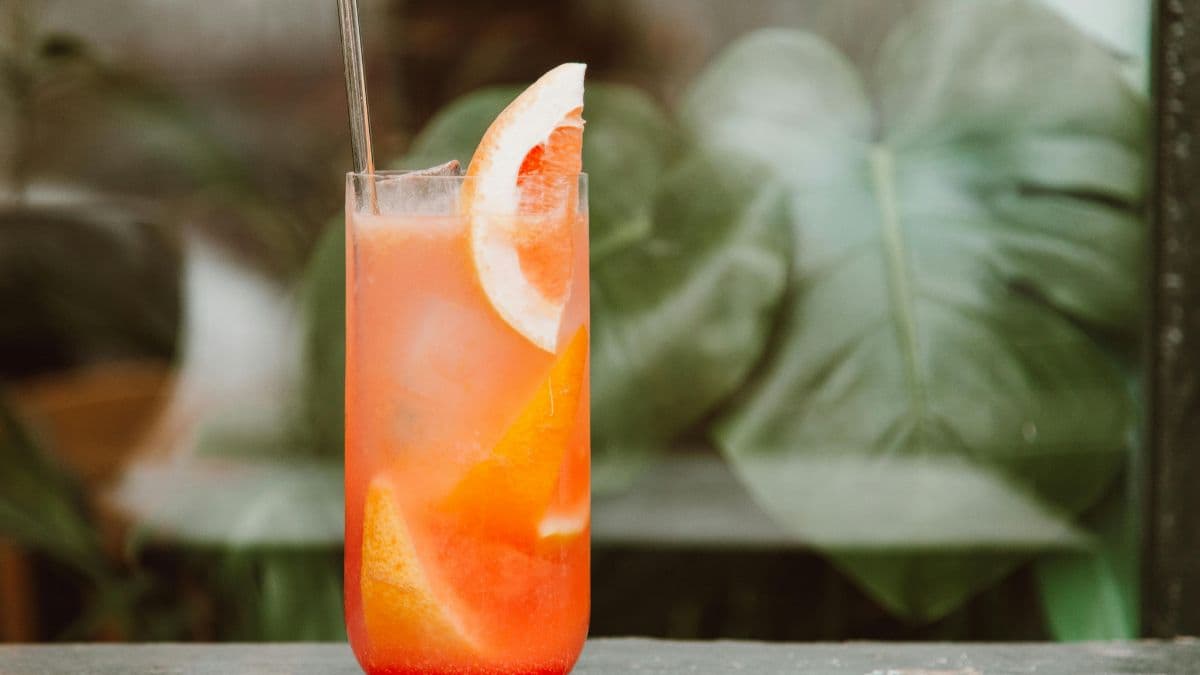
Also Read: Five Botanicals In Gin And Tonic: Deep Dive Into Their Role
What are the herbs that bring earthy or floral notes to gin?
Many gins are infused with a lot of different herbs which lend the spirit its quintessential botanical quality. Here’s an overview of some of these ingredients:
– angelica root often used as an infusion ingredient brings earthy, slightly bitter and musky undertones to gin
– coriander seeds add a citrusy touch, a spicy effect and a herbal depth
– lavender is a soft, floral ingredient which brings a refreshing brightness to the spirit
– chamomile’s gentle and honeyed flavours infuse gin with a floral sweetness
– basil or thyme are among the more common ingredients that add herbal hints to gin and complement its citrusy flavours
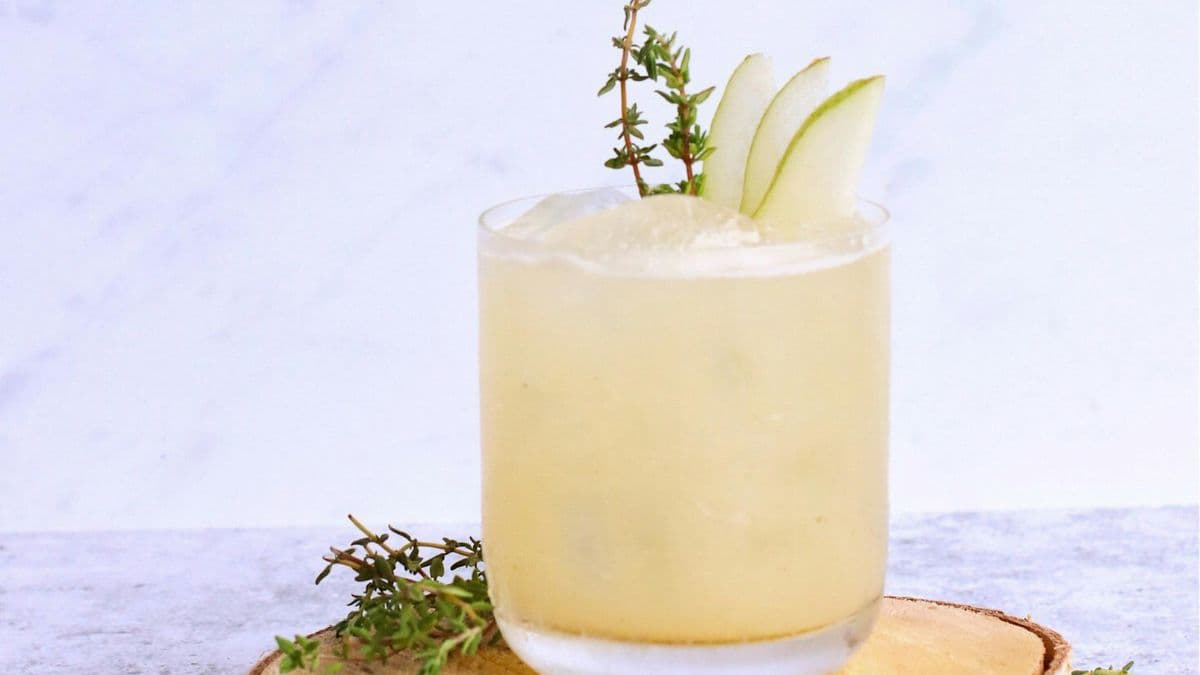
Can spices be added to gin to develop depth in the spirit?
Absolutely. Gin can be infused with a number of different spices which add structure and depth to specially curated or festive gin blends. Some of the spices that can be used for gin infusions include:
– cardamom for its sweet and slightly peppery touch
– cinnamon as a lightly earthy, vegetal spice
– black pepper for its sharp and spicy flavour
– nutmeg for its sweet and aromatic essence
Are roots or seeds used for adding flavour to gin?
Yes, roots and seeds infused into gin can be useful for bringing forth a rounder texture. These ingredients could be:
– licorice root which lends gin a sweet, earthy touch, softening some of its bitterness
– coriander seeds that add a citrus-spiced aroma
– caraway seeds for an anise-like depth and earthiness
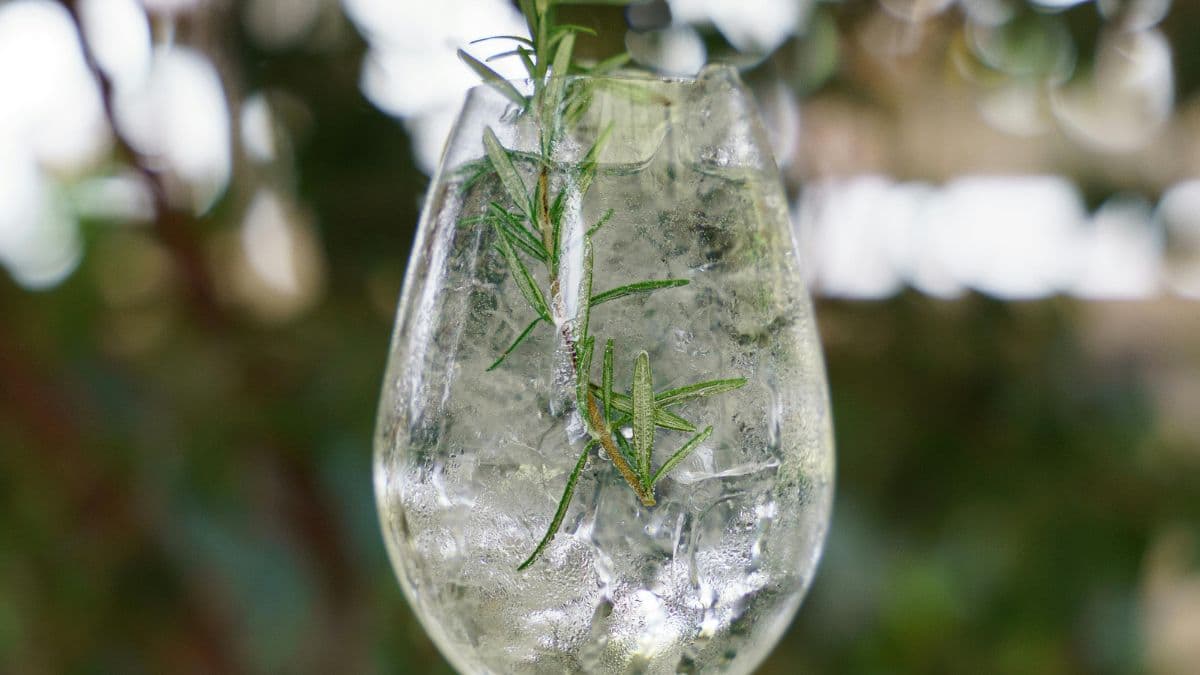
How do botanicals affect the cocktail experience?
One of the reasons botanicals are an essential element in gin is their impact on cocktail craft. Since gin is the base spirit in many contemporary and classic blends, its botanicals determine which ingredients the liquor can be paired with.
For instance, while tonic and fresh fruits go well with citrus-forward gins, it is floral gins that complement herbal infusions and lighter mixers. Such an understanding makes experimenting with gin’s flavours quite an interesting activity for the cocktail curioso.
Drink Responsibly. This communication is for audiences above the age of 25.


